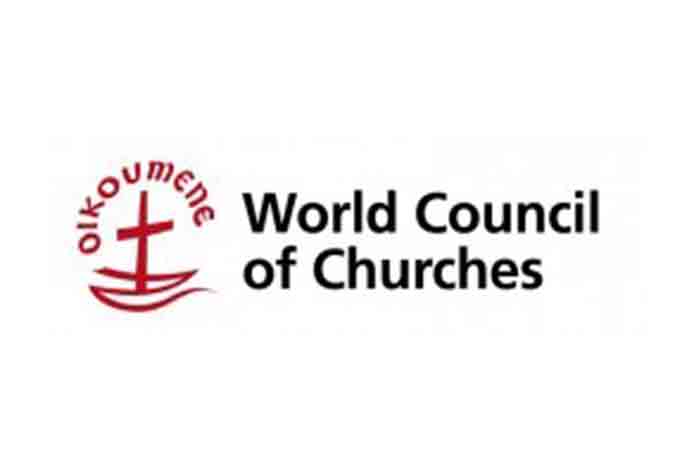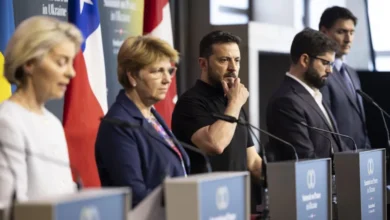World Council of Churches (WCC) commemorates life of former Bossey director John Samuel Mbiti

Mbiti, a Kenyan-born Christian religious philosopher and writer, was an ordained Anglican priest, and as of 2005, a canon
GENEVA, Switzerland, October 8, 2019/ — The World Council
of Churches (WCC) fellowship joined family and friends of Prof. John Samuel
Mbiti in giving thanks for his life and grieving his death on 6 October.
Mbiti, a Kenyan-born Christian religious philosopher and writer, was an
ordained Anglican priest, and as of 2005, a canon. Mbiti studied in Uganda and
the United States, taking his doctorate in 1963 at the University of Cambridge,
UK. He taught religion and theology in Makerere University, Uganda from
1964-74. He held visiting professorships at universities across the world and
published extensively on philosophy, theology and African oral traditions.
His book, “African Religions and Philosophy,” (1969) was the first work to
challenge the assumption that traditional African religious ideas were
“demonic and anti-Christian.”
Mbiti was director of the WCC’s Bossey Ecumenical Institute from 1974-80. The
Bossey historian Hans-Ruedi Weber wrote that “the Institute’s most creative
work during the second half of the 1970s” was a series of conferences on
intercultural theology organised by Mbiti. The aim of the series, in Mbiti’s
own typically modest words, was “to bring together African, Asian and other
theologians for an ecumenical encounter and dialogue.”
The series of conferences was, in fact, impressive. The first, on “African and
Asian Contributions to Contemporary Theology” gathered in Bossey more than 80
participants in June 1976. According to Weber, while pioneering for the
Africa-Asia dialogue, “the meeting also became an eyeopener for theologians
from Europe and the Americas.”
The second turned out to be the well-known one: “Confessing Christ in Different
Cultures,” held in Bossey in July of the following year. The colloquium, Mbiti
wrote, “brought together the largest gathering of participants ever to convene
at the Ecumenical Institute, Bossey.” It was attended by 110 people from 35
countries. The third, again ahead of its ecumenical time, focused on
“Indigenous Theology and the Universal Church.”
The reason for that series of conferences was simple for Mbiti. “Some of us are
aware,” he wrote in 1977, “that there is a rapid tilting of Christianity from
the northern region to the southern region,” and he goes as far as to announce
in the introduction to the second conference that this tilting “is projected to
begin after May 1987.”
As an African scholar called to lead the institute of a global ecumenical body,
Mbiti pursued and even anticipated intercultural ecumenicity, equally shared by
his friend Rev. Dr Philip Potter, former WCC general secretary. It is not by
chance that during the conference on “Confessing Christ in Different Cultures”
there were discussions on “how one may reach from a contextual to a universal
confession of Christ and how such a confession can find expression in liturgy
and worship…”
WCC general secretary Rev. Dr Olav Fykse Tveit said that Mbiti’s legacy of
scholarship and leadership will continue to impact the ecumenical movement.
“He will be celebrated for many things: his scholarship, his sense of justice
for indigenous people, and his foresight and analysis of the changes in global
communions in which we are now living,” said Tveit. “He brought African
theology into global ecumenical theology. His presence at the Arusha mission
conference, despite his advanced age, is a testimony to his commitment to
ecumenism.”
The WCC will always honour Mbiti as a trail blazer, continued Tveit. “His
message in the Anthology of Theology in Africa, published in 2017, also bears
testimony to his passion and visionary leadership in African theology,” he
said. “He has left us with a rich legacy through his publications. May his work
continue to inspire us to research and write theology that is relevant to our
lived reality.”
Distributed by APO Group on behalf
of World Council of Churches (WCC).SOURCE
World Council of Churches (WCC)






